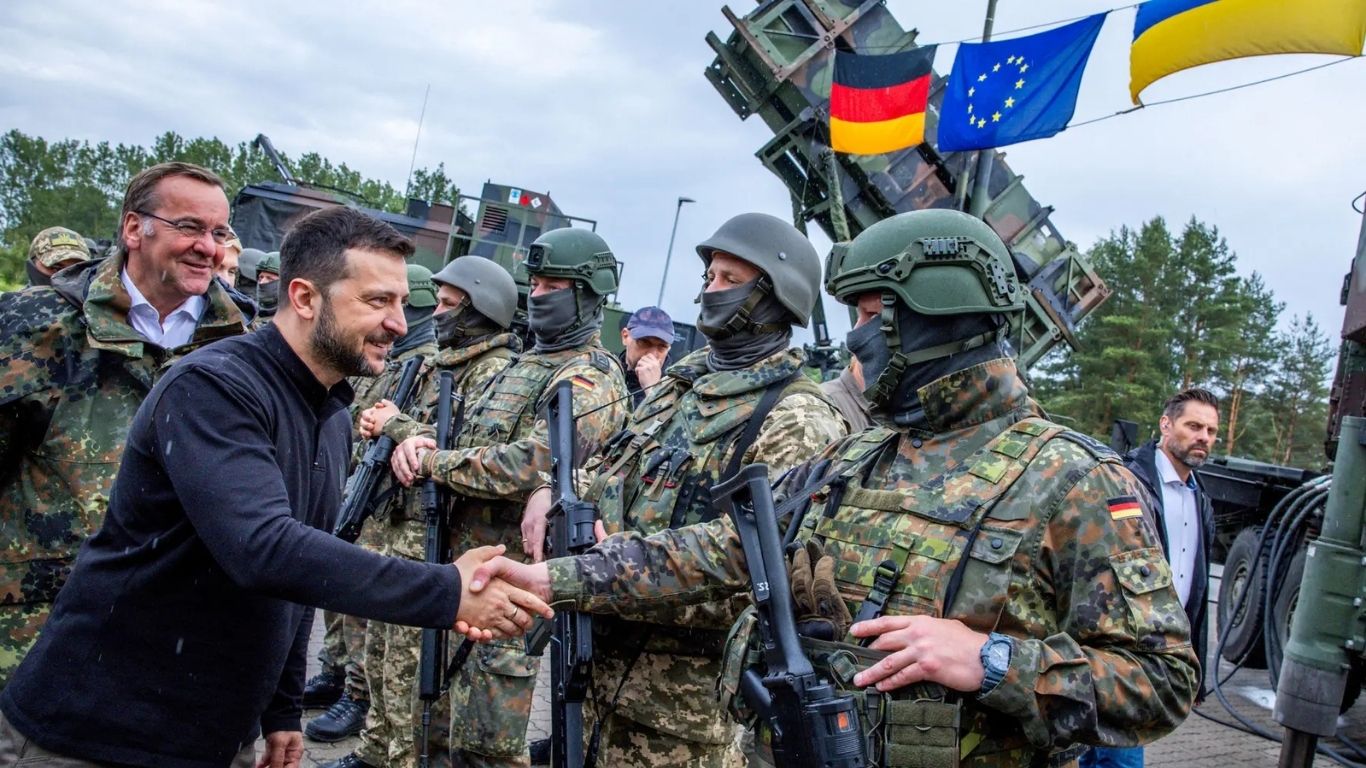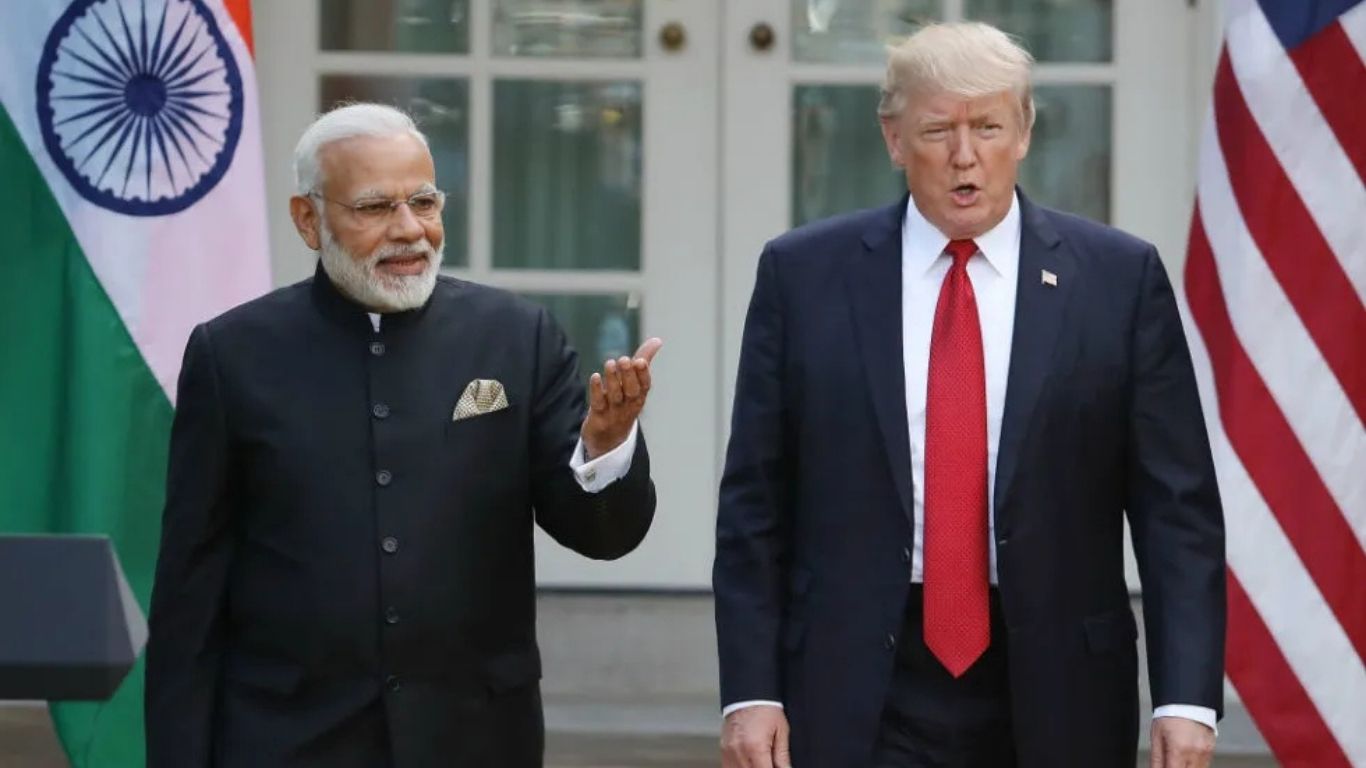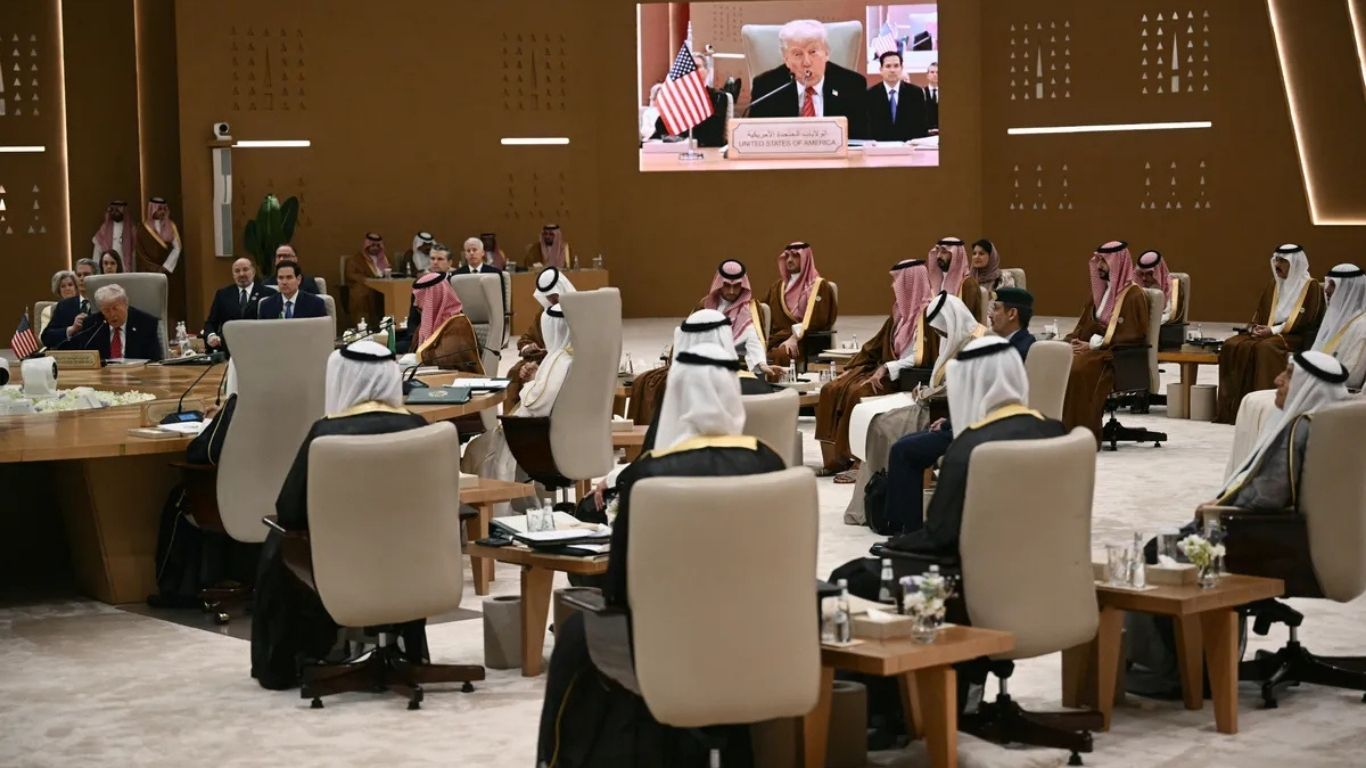The UK government unveiled its long-awaited strategic defence review on Monday, presenting it as a comprehensive plan to modernise the military. According to Prime Minister Keir Starmer, the aim is for Britain to become “safer and stronger, a battle-ready, armour-clad nation with the strongest alliances and the most advanced capabilities.”
Defence reviews of this nature typically happen once a decade. But this one arrives at a particularly urgent time arguably the most serious since the Cold War. Rather than focusing on overseas operations like Iraq and Afghanistan, the spotlight is now on threats perceived as much closer to home and potentially existential. “UK armed forces have begun the necessary process of change in response to this new reality,” the review states, adding that progress so far “has not been fast or radical enough.”
Despite its constraints including maintaining commitments in the Indo-Pacific and Middle East, and no significant new funding beyond Starmer’s pledges the review delivers a stark assessment of the UK military’s current condition and its readiness for future conflict.
Five Key Headlines Today
- Israel-Gaza Conflict | Recent deadly airstrikes on Gaza schools sheltering civilians appear to be part of a new Israeli military strategy, sources say, involving relaxed targeting restrictions in crowded areas.
- Health | UK cancer survival rates have doubled since the 1970s, with half of all patients now living ten years or more after diagnosis, according to a 50-year data analysis.
- US News | A man has been charged with a federal hate crime after allegedly using a flamethrower and incendiary devices to attack a group in Colorado raising awareness for Israeli hostages in Gaza.
- Iran Nuclear Talks | Tehran is expected to reject US nuclear proposals that demand halting uranium enrichment, with no clear offer on lifting sanctions.
- Scotland | A Scottish Labour councillor has defected to Reform UK ahead of a crucial Holyrood byelection, as Nigel Farage defends a controversial campaign ad criticised as racist.
Inside the Defence Review: What’s Being Proposed
This is the first major review of the UK’s defence posture since 2010. Defence Secretary John Healey calls it a break from previous models, noting it was led externally by Lord Robertson, a former NATO secretary general who also conducted Labour’s 1998 review. The process included input from 150 experts and over 8,000 public submissions, and totals more than 48,000 words.
How Ready Are Britain’s Armed Forces Today?
Many assessments suggest the UK’s military is in poor shape. The review itself calls for a “truly transformational” shift, implicitly acknowledging that the forces are not prepared for modern threats.
A 2023 House of Lords report found that UK armed forces “lack the mass, resilience and internal coherence” needed to maintain deterrence or handle prolonged conflict. These views are largely echoed in Whitehall.
The numbers reinforce this view:
- The regular army has dropped from 110,000 in 2010 to fewer than 73,000 today the smallest force since the Napoleonic era.
- Total armed forces personnel have declined from 192,000 to 136,000.
- Ammunition stockpiles have dwindled; Gen Sir Richard Barrons warned last year that current supplies could be exhausted in a “busy afternoon.”
- RAF aircraft have fallen from 724 in 2016 to 564 in 2023.
- The Royal Navy’s two aircraft carriers suffer from maintenance issues and a lack of support vessels, sailors, and aircraft.
What Changes Does the Review Recommend?
The review argues that the military designed for engagements with non-state actors must now be restructured to address potential state-on-state wars, requiring “whole-of-society” preparedness.
Russia is described as the most “immediate and pressing” threat, while China poses a “persistent challenge.” Iran and North Korea are labelled “regional disruptors.”
Among the 62 recommendations all accepted in principle are several high-profile plans:
- £6bn for six munitions factories with continuous output
- A new cyber command for offensive digital operations
- £15bn toward nuclear weapons upgrades
- Up to 12 new attack submarines
- £2bn in drone development and artificial intelligence to make the British Army “ten times more lethal”
There were initial hopes to increase army numbers modestly, but Treasury resistance has delayed any immediate expansion. Of the expected £350bn in defence spending during this Parliament, only £10bn represents new funding tied to the review.
When Will These Capabilities Be Realised?
Despite the impressive scope of the proposals, many changes are years if not decades away from completion.
- The new submarines are not expected before the late 2030s.
- No timeline has been provided for the munitions factories.
- No troop increases are planned before the next general election.
- Starmer has pledged to raise defence spending to 2.5% of GDP by 2027–28, while calling 3% an “ambition” for the following decade.
With European NATO members likely to adopt a 3.5% target in upcoming meetings, Britain’s pace may fall behind. The review warns that faster action may ultimately be necessary.
Is It Enough to Guarantee National Security?
This is the first defence review since the Cold War that doesn’t reduce spending an important milestone. The UK still holds the world’s sixth-largest military budget, behind only the US, Russia, China, India, and South Korea.
The government emphasises its reliance on alliances, particularly NATO, making it unlikely Britain would engage in large-scale conflict alone. While the threat from Russia is considered serious, its war in Ukraine has significantly drained its military capacity, likely delaying its ability to escalate further aggression for years.
Still, concerns about overstretch persist. Former defence chief David Richards warned in 2023 that the UK must “stop deluding itself” about its global role, suggesting a more focused approach to Euro-Atlantic security.
Yet the review insists global security interests from the Middle East to the Indo-Pacific remain interlinked with Europe’s stability.
What About the Economic Trade-Offs?
Paul Johnson of the Institute for Fiscal Studies argues that increasing defence spending without raising taxes will be difficult, especially alongside rising costs for healthcare and pensions.
And while military investment is often justified as economically beneficial, some argue that funds might yield better returns if directed toward green infrastructure or healthcare. Greenpeace, for instance, suggests that environmental spending could offer greater long-term value.
Critics, including the Green Party, Stop the War Coalition, and some Labour voices, say prioritising defence spending amid widespread pressure on public services is misguided. The government’s plan to divert international aid to fund defence also raises concerns. Green MP Ellie Chowns put it simply: “Security is not just based on arms expenditure and threats, but on real leadership that uses diplomacy and development too.”




